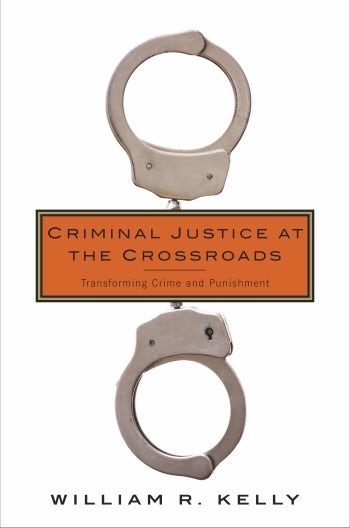Over the past forty years, the criminal justice system in the United States has engaged in a very expensive policy failure, attempting to punish its way to public safety, with dismal results. So-called "tough on crime" policies have not only failed to effectively reduce crime, recidivism, and victimization but also created an incredibly inefficient system that routinely fails the public, taxpayers, crime victims, criminal offenders, their families, and their communities.
Strategies that focus on behavior change are much more productive and cost effective for reducing crime than punishment, and in this book, William R. Kelly discusses the policy, process, and funding innovations and priorities that the United States needs to effectively reduce crime, recidivism, victimization, and cost. He recommends proactive, evidence-based interventions to address criminogenic behavior; collaborative decision making from a variety of professions and disciplines; and a focus on innovative alternatives to incarceration, such as problem-solving courts and probation. Students, professionals, and policy makers alike will find in this comprehensive text a bracing discussion of how our criminal justice system became broken and the best strategies by which to fix it.
- Table of Contents
- Acknowledgments
- Introduction
- 1. U.S. Criminal Justice Policy, 1960–2013
- 2. Crime Control: What Have We Accomplished?
- 3. The Scientific Case for Alternatives to Crime Control: Evidence-Based Practices and Where Neurocognitive Implications Take Us from Here
- 4. Sentencing Reform Reconsidered
- 5. Diversion and Problem-Solving Courts
- 6. Community Supervision
- 7. Recalibrating Drug Control Policy
- 8. Cost-Effectiveness
- Conclusions
- Works Cited
- Index

